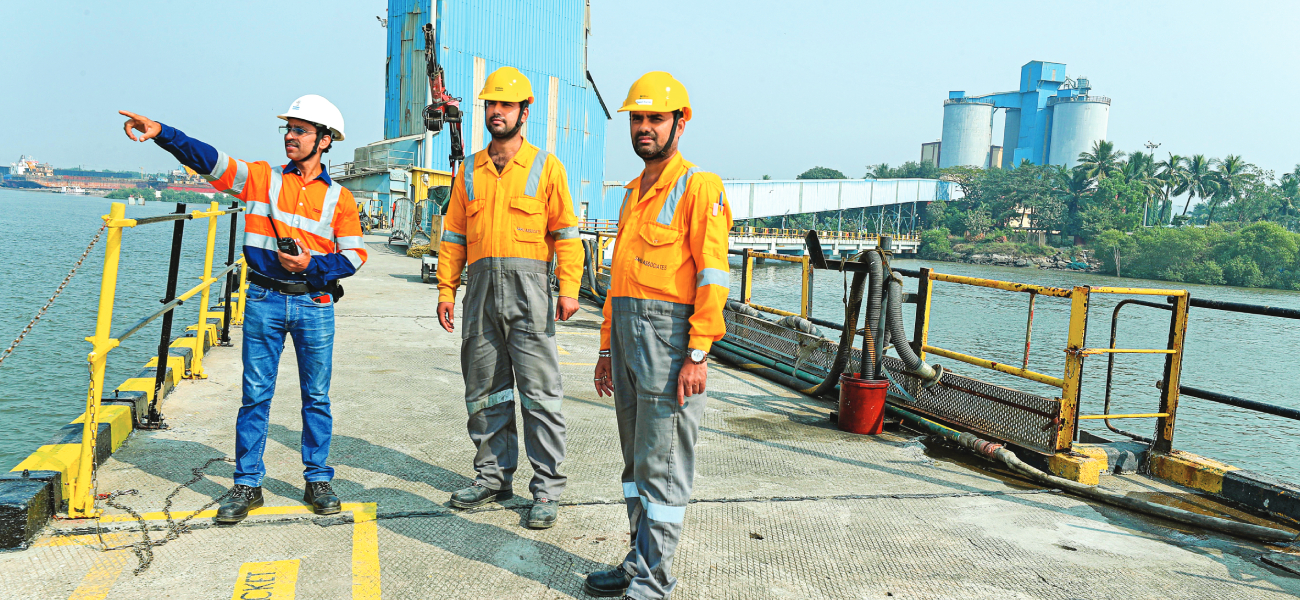The Ambuja Cement team of 4,361 members is our most valuable asset, which propels the Company forward through their individual competencies, skills, and knowledge. We provide our people a supportive and safe working environment while promoting inclusivity and diversity at the workplace.
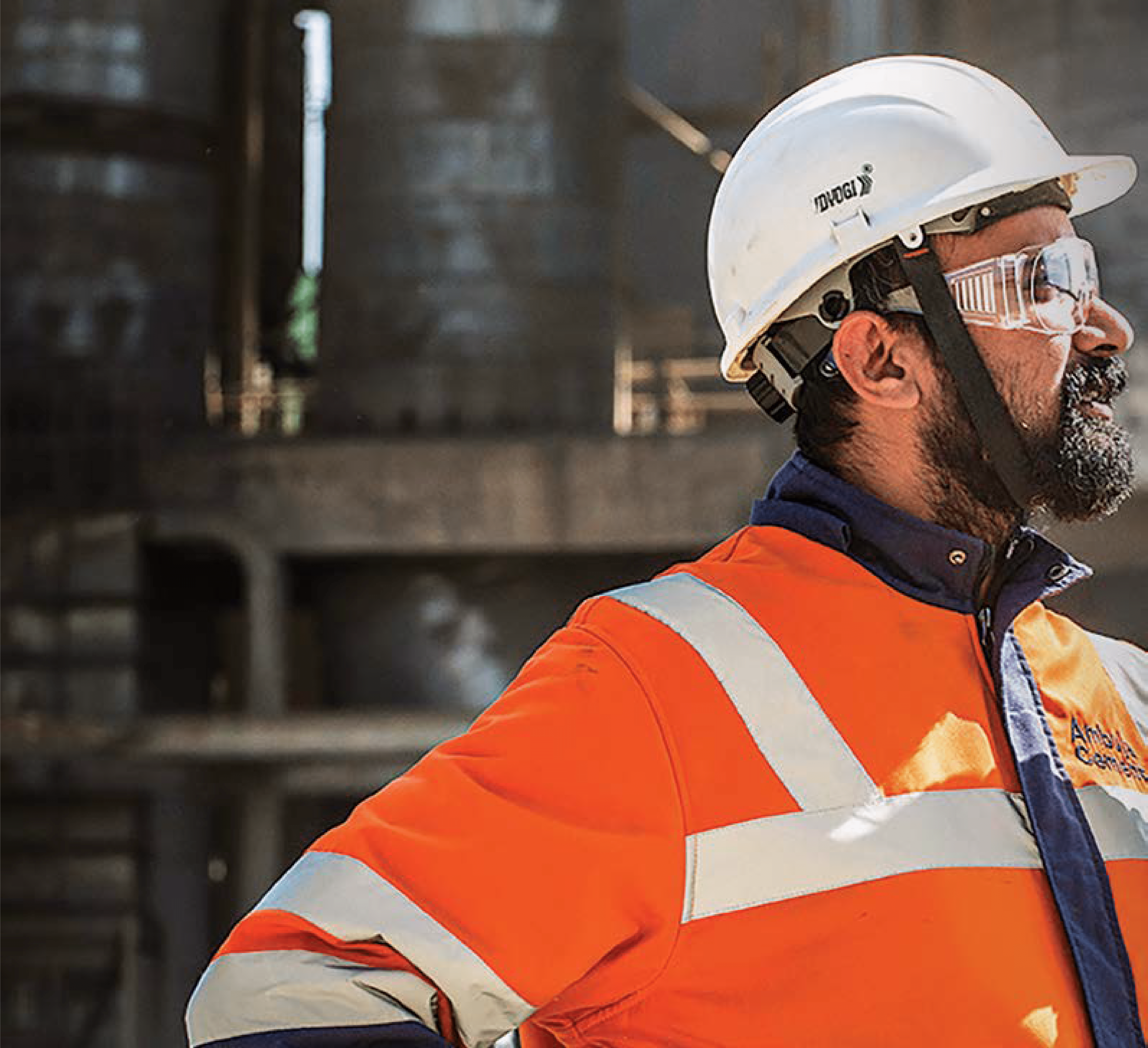
Stakeholders impacted
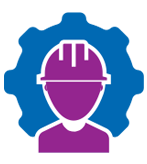
Employees
Material issues addressed
- Health and safety
- Employee training
- Gender equity
- Labour issues
- Attrition and retention rate
- Code of Conduct
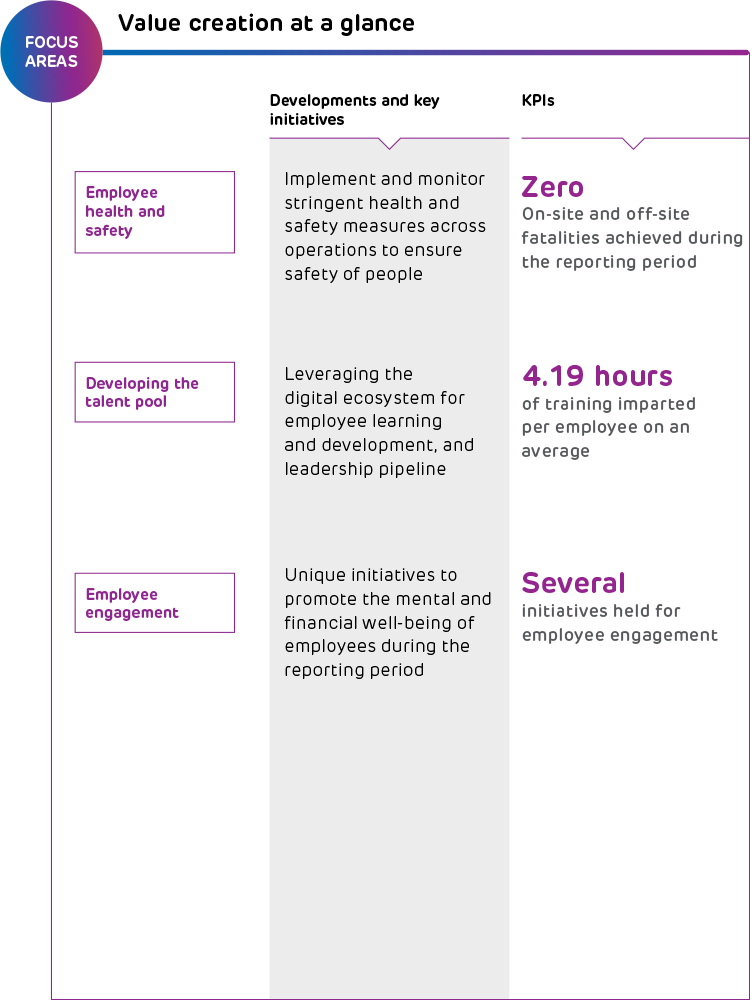
Key risks addressed
- Talent acquisition and retention
- Health and safety
SDGs impacted

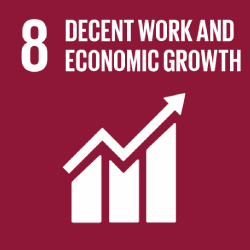
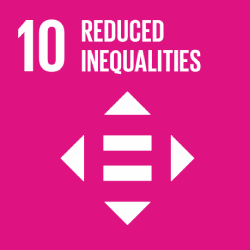
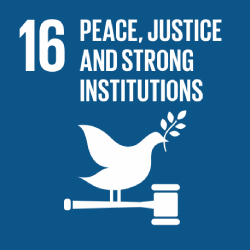
Capital-wise performance > Human capital
Overview
Our Human Resources function is aligned with our overall business strategy and plays a crucial role in its successful execution. We understand the significance of having well-trained and motivated employees to achieve our organisational goals.
Over the years, gender diversity has emerged as one of the key aspects of our talent strategy as we strive to foster inclusivity within our workforce. We have set specific targets to enhance women’s participation in our workforce over the next three years. To achieve this, we have implemented various programmes and policies that promote worker diversity, creating a more inclusive and supportive environment. Our objectives focus on improving worker engagement and fostering trust among our employees.
We maintain a ‘Zero Tolerance’ policy towards any form of discrimination and harassment in the workplace. This policy is aligned with applicable laws and our internal directives, ensuring a safe and respectful work environment for all employees.
Team strength
| Management category | Female | Male | Total |
|---|---|---|---|
| Junior Management (Asst. Mgr. & below) | 38 | 903 | 941 |
| Middle Management (Dy. Mgr. to GM) | 64 | 1,918 | 1,982 |
| Senior Management (AVP & above) | 2 | 37 | 39 |
| Grand Total | 104 | 2,858 | 2,962 |
| All employees (MS+NMS age-wise) | Female | Male | Total |
|---|---|---|---|
| <30 | 42 | 295 | 337 |
| >50 | 13 | 1,229 | 1,242 |
| 30-50 | 54 | 2,728 | 2,782 |
| Grand Total | 109 | 4,252 | 4,361 |
Cultural integration
During the reporting period, a key area of focus was the integration of the company’s culture with that of the Adani Group following the change of ownership. The successful integration of culture, processes, and policies stands as a significant achievement. Our endeavours to foster a unified mindset have resulted in noteworthy milestones, such as the implementation of a consolidated top-level structure encompassing operations, sales, manufacturing, logistics, and support functions. We have also established a unified grade and salary structure, along with comprehensive learning and development programmes. To address employee concerns throughout the integration process, we conducted employee town halls across our Mumbai Corporate Office and Thane offices, utilising video conferencing to include all locations. This assimilation into the A-A-A culture of Adani, Ambuja, and ACC has played a pivotal role in propelling our Company’s growth and overall success.
Learning and development
Learning and development form an essential component of our people strategy, enabling our employees to hone their skillset, enhance performance, accelerate professional growth, and deliver exceptional results. To expedite the learning process and reach a wider audience, we have harnessed the power of the digital ecosystem. Virtual instructor-led master classes have been conducted, allowing for broader participation and knowledge dissemination. Furthermore, we have conducted concise and tailored web sessions, focusing on specific functional and leadership areas for targeted groups.
Further, we have dedicated learning programmes for successor development, promoting a strong safety culture, and enhance performance management, among other key areas. At the unit level, we have implemented numerous on-the-job training programmes with the assistance of internal faculty, subject matter experts, and functional leaders. This comprehensive approach ensures that our employees receive the necessary skills and knowledge to excel in their roles and drive the success of our organisation.
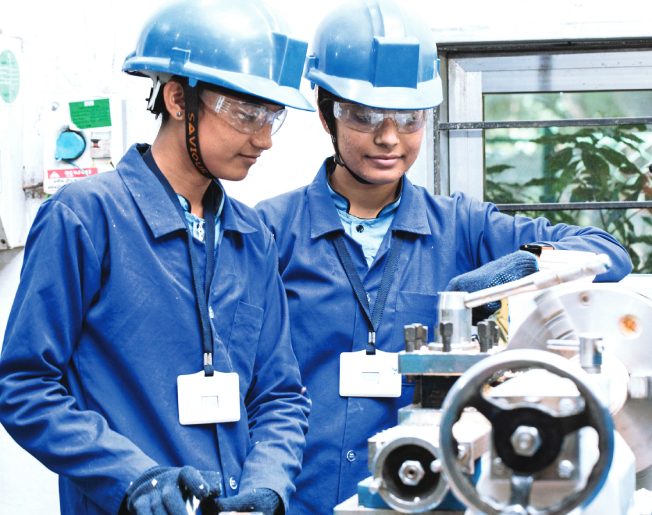
Training Information
| Description | Training data (Jan-March 2023) |
|---|---|
| Total Number of sessions | 1,000 |
| Total Employees covered | 13,642 |
| Total Topics covered | 364 |
| Total no. of Training hours | 57,179 |
| Total Unique Employees covered | 3,319 |
Key Programmes During the Reporting Period
High Impact Leadership Programme for Regional Sales Managers
The programmeme covered all the regional sales managers. The entire programme was designed internally including role plays and case studies.
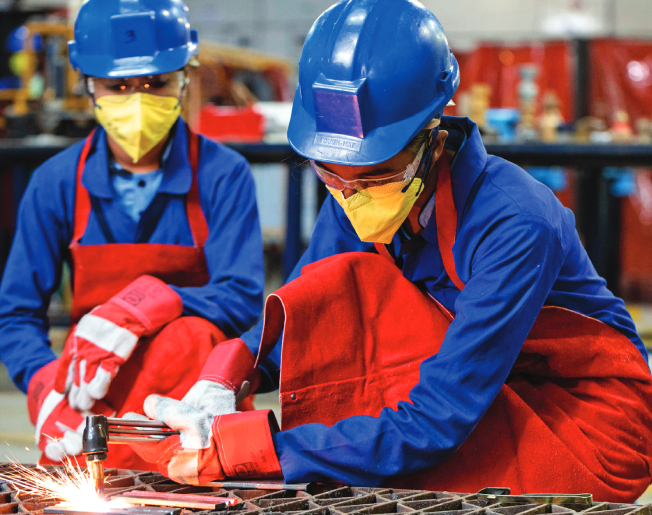
We successfully covered 100% of our Regional Sales Managers (RSMs) through the training programme, which kick-started in the presence of our CHRO/CSMO. The programmeme consisted of four modules, each spanning two hours, focusing on Understanding Goals & Objectives, Working with Behaviours and Motivation, Impactful Challenges, and Influential Communication. This virtual programme spanned eight hours, with homework, assignments, and post-programme calls being the highlights. The programmeme received very good feedback from the participants and CSO, resulting in an impressive overall rating of 9.67 out of 10. RSMs shared positive experiences using tools like the SCARF model, fostering a ‘can do’ attitude, while the concept of “Who’s Got the Monkey” empowered team members to proactively contribute to achieving business goals.
Capital-wise performance > Human capital
A one-week certification Course on Cement Application for Technical Service Engineers
To enhance the skills and knowledge of Adani Cement’s customer service officers in product application, a comprehensive training programme was conducted at our Thane campus. The programme consisted of four batches, covering a total of 280 Technical Service Engineers and encompassing 14 topics. One of the key highlights of the programme was its hands-on approach, allowing participants to actively engage with cement and concrete through laboratory activities.
Upon completion of the course, participants underwent an online post-assessment on Super Assisted Intelligent Learning (SAIL) to evaluate their understanding. To recognise their achievement, completion certificates were presented to the participants during a ceremony attended by a senior leader.
Digital learning
Our digital learning platform, SAIL, has been instrumental in driving various learning initiatives across leadership, sales, and manufacturing. We introduced micro-learning series to provide concise and targeted learning content to our employees. Additionally, structured on-the-job training programmes have been implemented, and a series of webinars on diverse topics have been conducted to support employees in their learning journey.
These initiatives have had a significant impact, with a total of 23 webinars conducted, reaching over 3,500 employees and accumulating a remarkable 5,347 training hours. By fostering a culture of continuous learning, we encourage and support individuals in acquiring knowledge, developing new skills, and enhancing their existing abilities.
Takshshila is Adani group-level talent development initiative. Total 7 employees were nominated for Takshshila.
Fulcrum, a unique leadership development programme for senior management in the Adani group
The programme aims to transform leaders into a powerhouse that inspires future generations. It had a remarkable impact on both personal and professional lives, instilling discipline, organisation, and self-empowerment. The programme has significantly improved work efficiency and selfdevelopment, leading to quick decision-making, team management, interpersonal skills, and fostering collaboration. It has also contributed to winning important contracts, like the Microsoft data Centre business, and has positively influenced the organisational culture, paving the way for a bright future for the Adani group.
Employee engagement
We constantly engage with our employees to drive motivation. A Gallup engagement survey was conducted between April-May 2022 which saw >90% participation from both entities. We achieved engagement rate of 4.03 out of 5. The survey highlighted the followings valued the most by our people:
- Having the opportunity to perform at their best everyday
- Nurturing high quality relationships at work
- Clarity on contribution towards company purpose or mission
- Mutual respect and safety at workspace
- Teamwork emerging as the strongest driver of engagement


Diversity and inclusion
At Ambuja Cement, we take immense pride in being pioneers in promoting gender diversity and inclusivity in our core operations. As a trailblazer in the industry, we have successfully integrated women into key roles within our organisation. Recognising the immense potential and talent that women bring, we have established comprehensive training and skill development programmes to empower and uplift our female employees. As a result of our concerted efforts, we have achieved a commendable representation of approximately 26% women in critical positions such as Control Room Operator (CCR) and Quality roles. We firmly believe that diversity fuels innovation and drives our success, and we remain committed to creating a workplace that embraces equal opportunities and empowers women to thrive.
Ambuja is recognised among ‘India’s Top 50 Most Sustainable Companies’ Cross Industry and among ‘India’s Top 3 Most Sustainable Companies in Infrastructure & Engineering Sector’ by BW Businessworld
Industrial Relations
Proudly boasting a heritage of strong industrial relations, we have fostered a culture of bonding across generations, symbolising the very essence of the Indian cement industry. With the third and fourth generations currently working for the companies, this legacy has played a pivotal role in the integration process within the Adani Group. The organisation has implemented several initiatives, including committees, productivity meets at department and plant levels, and clubs, to create an exemplary workplace. An open-door policy has been put in place, encouraging dialogue and feedback from employees, and a robust grievance redressal mechanism ensures that concerns and complaints are addressed in a fair and timely manner. Engaging activities that promote a sense of unity among employees, their spouses, and children are organised regularly across all locations. Additionally, the organisation has established various employee forums and committees to provide a platform for employee voices to be heard. By prioritising employee engagement and addressing their concerns, we foster a culture of collaboration, credibility, trust, inclusivity, and openness.
Capital-wise performance > Human Capital
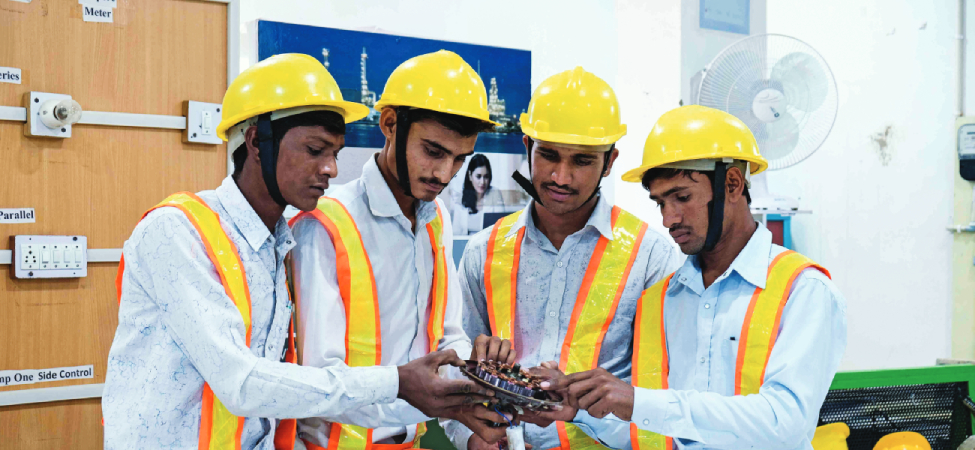
Health and safety
At Ambuja Cement, our primary goal is to foster a strong safety culture and instil a sense of safety consciousness within the organisation. Our unwavering commitment to achieving ‘Zero Harm’ is reflected in the fact that we have achieved zero on-site and offsite fatalities this year, underscoring our dedication to creating a safer workplace.
We have integrated safety into every aspects of our organisation, implementing a wide range of safety initiatives. These initiatives encompass competency development, comprehensive training programmes, regular audits, inspections, and surveys. Additionally, we have launched the “We Care” initiatives, which prioritise the well-being of our employees. Our emphasis on Critical Control Management has been instrumental in preventing unwanted incidents, and we have established dedicated cross-functional teams to drive process safety.
At Ambuja, we firmly believe that every individual has the potential to become a change leader in safety practices, provided they are fully committed to it.
By promoting a collective responsibility for safety and empowering our employees, we strive to create a culture where safety becomes ingrained in every aspect of our operations.
The advent of digitalisation has brought about a revolutionary shift in the global landscape. Ambuja Cement, too, has embarked on a transformative journey by implementing digitalisation programmes across our manufacturing sites. We have digitised our training management system which has greatly enhanced our ability to develop and assess the competencies of our employees and contractors. Another remarkable digital initiative is the Boots on Ground mobile application. This application has been instrumental in incident control at our sites and has significantly improved leadership visibility on the ground. These digital initiatives have garnered recognition from other cement industries within the Global Cement Concrete Association, affirming their effectiveness and impact.
As we continue to embrace Digitalisation, we recognise the immense potential it holds for optimising our operations and improving overall efficiency. These initiatives serve as a testament to our commitment to leveraging digital tools and technologies to drive innovation and excellence within our industry.
Our strategy in 2021 was to sustain performance with focus on frontline safety and in 2022 we headed with the strategy of strengthening the basics and critical controls. The journey to achieve this goal was ensured by six pillars i.e. Onsite Safety, Safety Ownership, Systems & Processes, Control of Health Risks, Road Fatality Reduction and Environmental Excellence:

- Implementation of Critical Control Management Programme
- Strengthen Mobile Equipment (ME) operations and create Traffic Safety
- Step up risk awareness and mitigation at packing plants (Truck & Wagon loading)
- Robust implementation of structural failure assurance plan – Level 1 inspections & high risk actions closure
- Improve Job Risk Management - Field risk assessments & Management of Change
- Review H&S compliance at Mines
- Improve simultaneous working in Brownfield Projects

- HSE KPIs as part of individual performance appraisals
- Training of Senior Leadership team on Leading with Safety
- Complete >90% Training as per Training Need Identification (TNI) in all Fatality Elimination Controls
- Zero tolerance for non-compliance - Ensure Timely consequence management
- Review horizontal deployment of lessons learnt from last five years fatal incidents
- Close Monitoring-BOG performance, CCM, PSM and We Care Dashboards

- Smooth transition to Group BoG app
- Validate sustainable implementation of group audit Level 1 findings across all plants
- Roll out & implement-Road Safety Standards
- Gap assess CSMS (Contractor Safety Management) implementation
- Permit to Work (PTW) assurance audits for al IPs, Ropar and Sankrail
- Implement Machine guarding dashboard duly integrated with maintenance requests
- CCTV survey and coverage of truck yards and packing places

- Emergency Response Preparedness-Primary care - COVID, injuries
- Industrial Hygiene - Verification Surveys at 5 plants
- Review implementation of Asbestos standard across all plants

- Review controlled fleet definition to increase iVMS coverage
- >35% controlled feet drivers trained in Incab
- >95% E-passport implementation with well embedded 10 point checklist
- Improved engagement with transport partners – frequency, iVMS feed, expectations on compliance to guidance, consequence management
- Minimum vehicle specifications
- 100% 3-point seat belt (controlled feet)
- 100% load carriers with seat belts (no seat belt no load)
- >95% Side Under Protection Device (SUPD) and Rear Under Protection Device (RUPO) (controlled feet)
Capital-wise performance > Human Capital
Some of the highlights of our journey for the year is as below:
- 5 manufacturing units achieved Zero Harm from Jan’22 to Mar’23
- We were able to sustain our leading indicator reporting for the same period
- Training and competency enhancement through a digital Training Management System. We were able to increase our efficiency with the support of this system
- 3 level of Health & Safety Management System Audits across all our 19 manufacturing sites and ensuring that the actions are timely closed and implemented;
- Critical Control management programme was effectively implemented by means of quarterly verification for 8 identified critical high-risk areas to ensure no unwanted occupational injuries/ incidents at sites.

Fall from Height

Structural Collapse

Coal Mill Explosion

Contact with Hot Meal

Contact Moving Machinery

Material Engulfment

Liquid Fuel Fire

Mobile Equipment Incident
Critical Control Verification Process

- Increase coverage of In-Vehicle monitoring systems for the fleet of trucks that we use for carriage of goods and enhancement of our capacity of InCab (Defensive Driving) assessors. Today most of our plants have assessors as per need.
- Effective implementation of We Care initiative in spirit has helped healthy engagement amongst our workforce to prevent workplace hazards
- Timely sharing of lessons learnt from incidents supplemented by fair consequence management (both positive and negative reinforcement as required)
